Uniform Civil Code: Proposed Response from the Sikh Perspective
My email response to a worldwide group of Sikh professionals, philanthropists, entrepreneurs, scholars, statesmen, politicians and other eminent personalities, who are discussing this issue.
Respected Sardar Partap Singh ji and Esteemed Members,
Waheguru ji ka Khalsa Waheguru Ji Ki Fateh!
First of all, I would like to express my gratitude to Sardar Partap Singh for raising the issue of the proposed Universal Civil Code (UCC)1 and for sharing the outcomes of the Sikh Forum's recent seminar on this matter. His contributions and insights are highly appreciable, and we all value his active engagement in this important discussion.
Law Commission Extends Date till 24th July: I would like to highlight that the Law Commission of India has extended the deadline for receiving public suggestions on the UCC until 24th July 2023. I have attached a copy of the notice for your reference2. It is essential for every individual to exercise their right to submit suggestions and proposals to the Law Commission, regardless of how rudimentary they may seem. I have already submitted my suggestions as per my published article, the link of which is provided below.
https://open.substack.com/pub/kbssidhu/p/balanced-and-equitable-uniform-civil?r=59hi9&utm_campaign=post&utm_medium=web
Government is starting with a clean slate: Since neither the Government of India (GOI) nor the Law Commission (LC) has released any discussion paper, let alone a comprehensive draft enactment, it becomes challenging to provide a specific response. However, this situation presents a great opportunity as it indicates that the GOI and the LC have an open mind and are starting with a clean slate. We need to capitalize upon this.
In my opinion, the draft legislation, when made available, is unlikely to delve into the religious, cultural, or traditional rituals associated with marriage ceremonies. It is expected that the code will respect and honor the diverse traditions while emphasizing the importance of registering marriages within a reasonable period. The implications of non-registration, such as whether a marriage would be rendered null and void, remain pertinent questions that need to be addressed.
Inter-caste or inter-faith marriages are not expected to be major issues, as they continue to be governed by the Special Marriage Act, 1954. This act, which enables marriages between people of different faiths, does not require religious conversion. It also facilitates the registration of marriages and divorce proceedings. Notably, once a marriage is solemnized under this act, the succession of an individual is governed by the Indian Succession Act, 1925, rather than the normal Hindu Succession law. The Indian Succession Act, 1925 applies to all citizens of India, irrespective of their religion, and takes into account both English common law and Indian customary law.
Important distinction between marriage solemnized and a marriage registered: It is important to differentiate between marriages that are solemnized and registered subsequently. Many Sikh marriages solemnized through the sacred "Anand Karaj" ceremony, which has been universally adopted and accepted by the Sikh community, are registered under the Hindu Marriage Act, 1955. This registration is especially prevalent among the NRI community, where the newly-wedded spouse seeks emigration. Presently, the Civil Code for Hindus, Sikhs, Jainas, and Buddhists comprises four laws that are not applicable to other religious communities like Muslims, Christians and Parsis or atheists. These laws are:
· Hindu Marriage Act, 1955: This law governs the solemnization of marriages, the grounds for divorce, and the rights and liabilities of spouses.
· Hindu Succession Act, 1956: This law governs the inheritance of property by Hindus, Sikhs, Buddhists, and Jains, in case of intestate succession (a person dying without leaving a valid will).
· Hindu Minority and Guardianship Act, 1956: This law governs the guardianship of Hindu, Sikh, Buddhist, and Jain minors.
· Hindu Adoptions and Maintenance Act, 1956: This law governs the adoption of Hindu, Sikh, Buddhist, and Jain children and deal with the questions of maintenance.
In my opinion, there’s nothing in these laws that is really offensive or detrimental to the Sikh faith. My sense is that the new UCC will be modelled on the basis of these laws, to be tempered with the provisions of the Special Marriage Act, 1954 and the Indian Succession Act, 1925. I believe, we cannot expect far-reaching changes in so far as Hindus, Sikhs, Jainas and Buddhists are concerned. Muslims, Christians and Parsis would perhaps face more sweeping changes in the law.
What UCC would endeavour to make uniform is:
· Grounds for divorce.
· Manner of divorce.
· Maintenance of the divorced wife and the children.
· Right of the daughter, wife (widow) or the mother in respect of a self-acquired property of a person dying intestate.
· Where is adoption is allowed? Does it require the consent of both the husband and the wife? Age difference between the adoptive father and the adoptive child, especially when female.
This list is illustrative and by no means exhaustive.
The contentious debate would arise concerning the Muslim community, as they currently follow the British-era “Shariat Law”, unless there is an overriding central enactment.
Hindu Undivided Family (HUF): The question of property and succession rights in the case of Hindu Undivided Family (HUF) coparcenary or Mitakshra properties should also be addressed, especially in so far as the existing provisions are manifestly prejudicial to the rights of females within the family. The special income tax status of HUF would also come under scrutiny. Currently, only Hindus, Sikhs, Jainas, and Buddhists can benefit from these provisions, which offer significant relief in terms of income tax liability.
UCC is the norm in western democracies: It is worth emphasizing that in modern liberal western democracies, citizens are governed by uniform personal laws (UCC) regardless of their religion. Although different laws may exist across various states in countries like the USA, within each state, the law is the same for all citizens/ residents.
Ancillary issues: Issues such as same-sex marriage, surrogate children, illegitimate children, and cases involving frozen semen and eggs (ova) may be raised by special interest groups. While these issues are not exclusive to the Sikh community, they contribute to the broader UCC discourse.
Response of other State Governments: As a Sikh community, we cannot rely solely on the responses of specific state governments, as their feedback may be influenced by political considerations and other priorities beyond Sikh concerns. Brief mentions of Sikh issues would offer only minimal consolation.
In conclusion, I hold the view that the Sikh community need not be alarmed by the prospect of the impending UCC but should actively participate in the debate. It presents an opportunity for us to assert our distinct Sikh identity and values within the framework of a uniform code. The establishment of an All-India Anand Marriage Act would be a positive outcome, though it may not significantly change the existing situation, except for firmly asserting that "Sikhs are not Hindus" (recalling the agitation about Article 25 of the Constitution ahead of the 1982 Asian Games in New Delhi).
Sikh community should support UCC wholeheartedly: In the final analysis, we, as the Sikh community, should wholeheartedly support this initiative that has long been delayed, despite the specific guideline in the Directive Principles of State Policy. The enactment of an All-India Anand Marriage Act would be a bonus and a moral victory.
Thank you both for your valuable contributions to this crucial discussion. I greatly appreciate your insights and feedback. Please feel free to circulate my views, which are also attached to this email as a separate document for easy reference.
Your input is highly valued, and I look forward to continuing our engagement on this important matter.
Best regards,
Karan Bir Singh Sidhu, ex-IAS (Punjab cadre 1984 batch)
Retired Special Chief Secretary, Punjab.
Balanced and Equitable Uniform Civil Code: Advancing Towards Equality, Secularism and Justice
Introduction: The recent clear and unambiguous views expressed by Prime Minister Narendra Modi regarding the Uniform Civil Code (UCC) in India has, very understandably, sparked a fresh debate. My article argues in favour of a “central” UCC, emphasizing the importance of upholding the Directive Principles of State Policy, promoting gender equality, elimi…
https://drive.google.com/file/d/1qpR7gncJgVpVuQhfv9gef3VZoLc8ylM0/view?usp=drivesdk

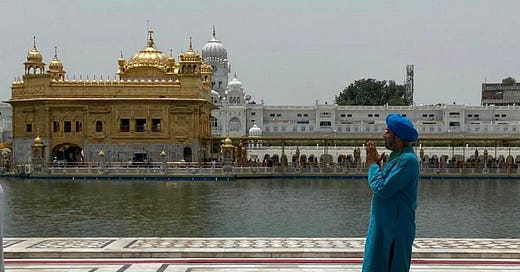


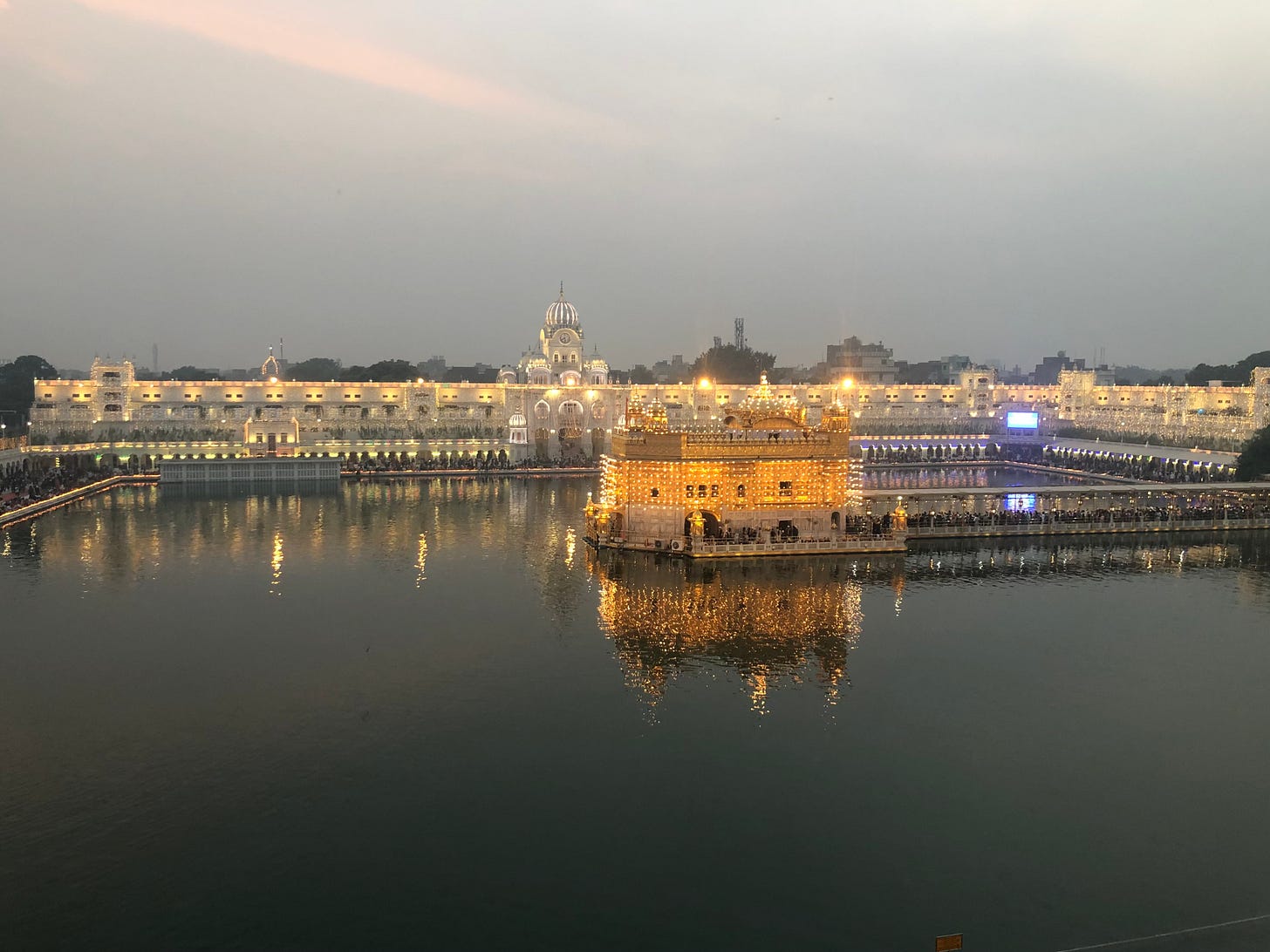
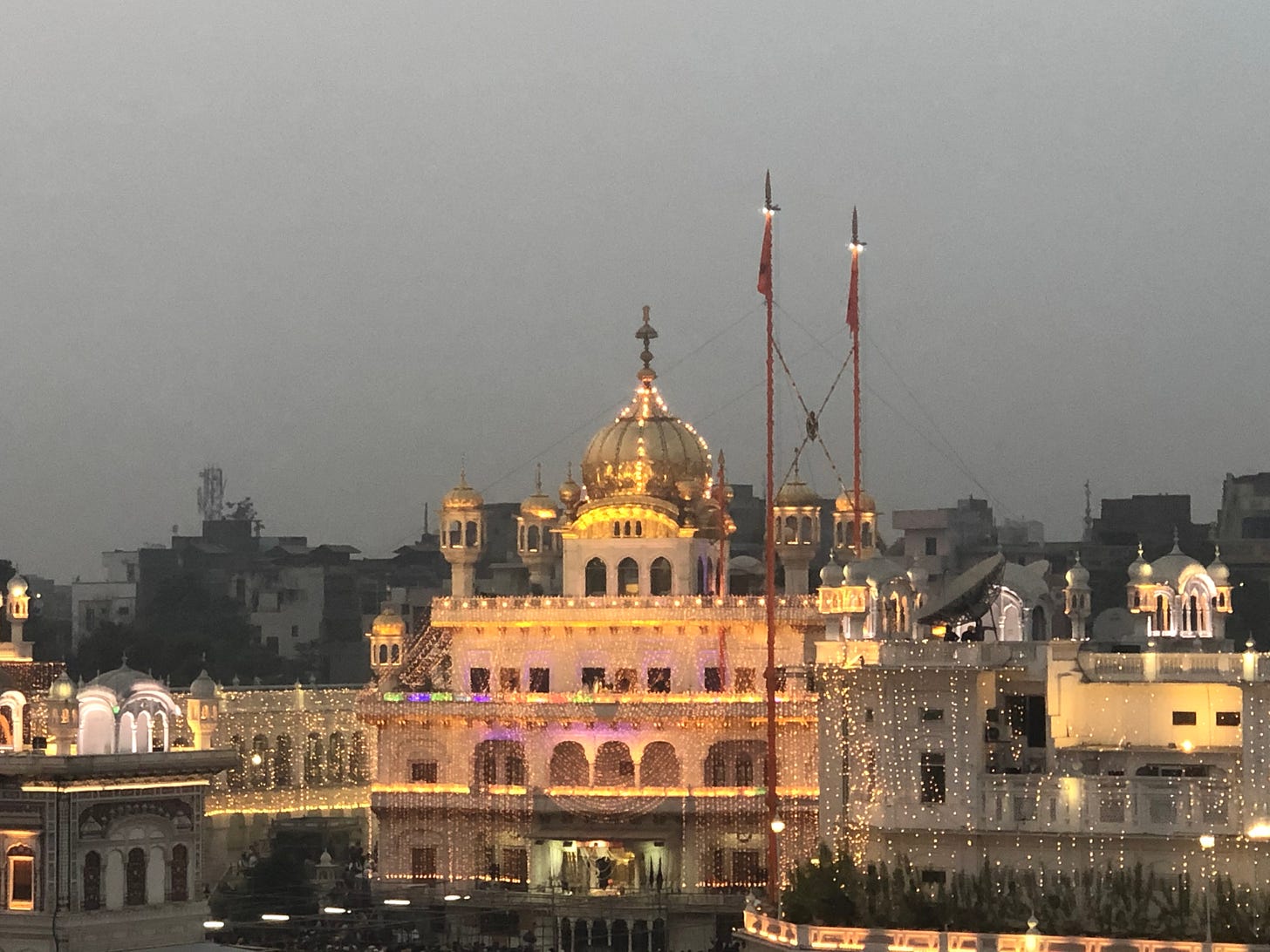
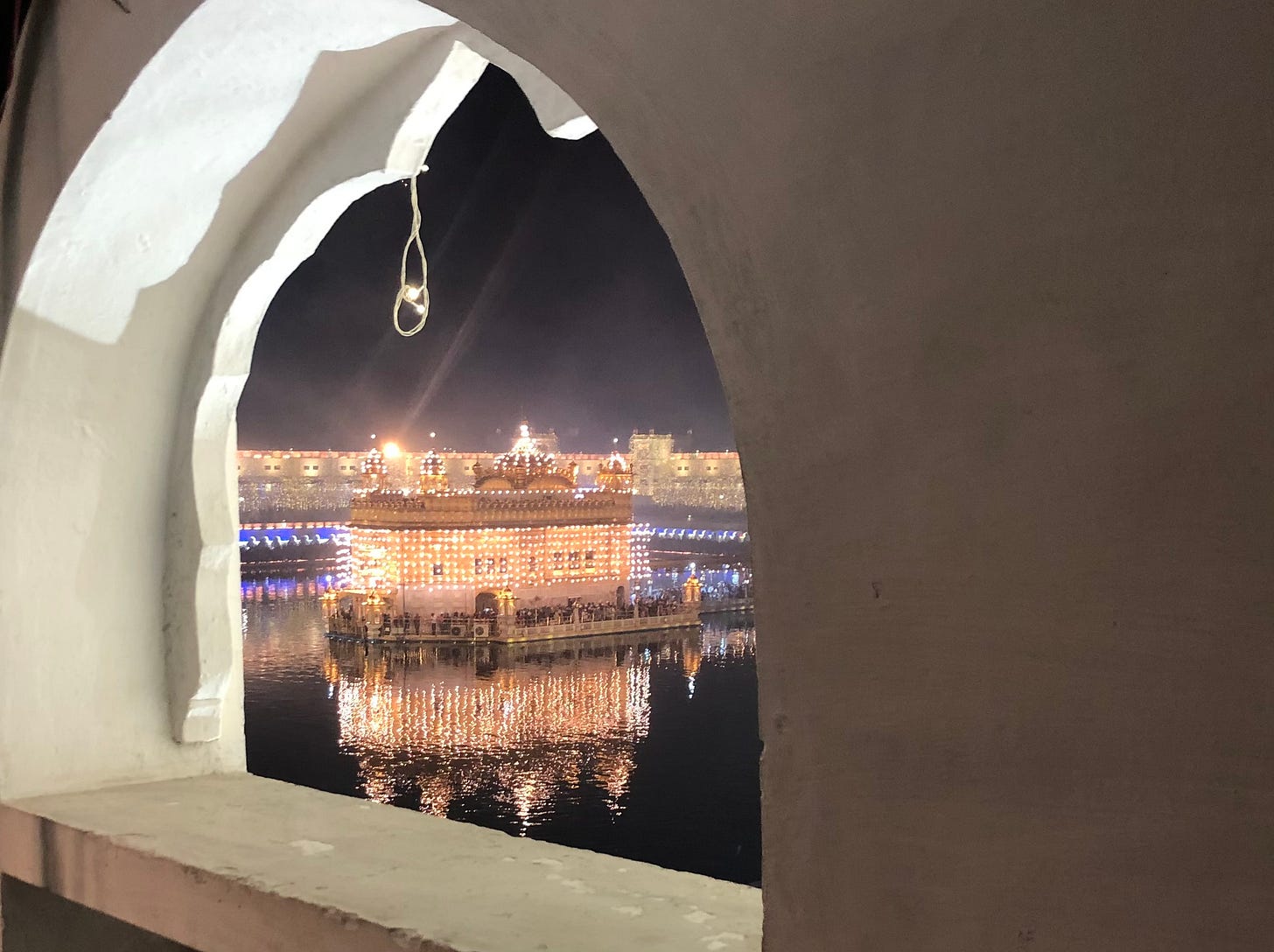

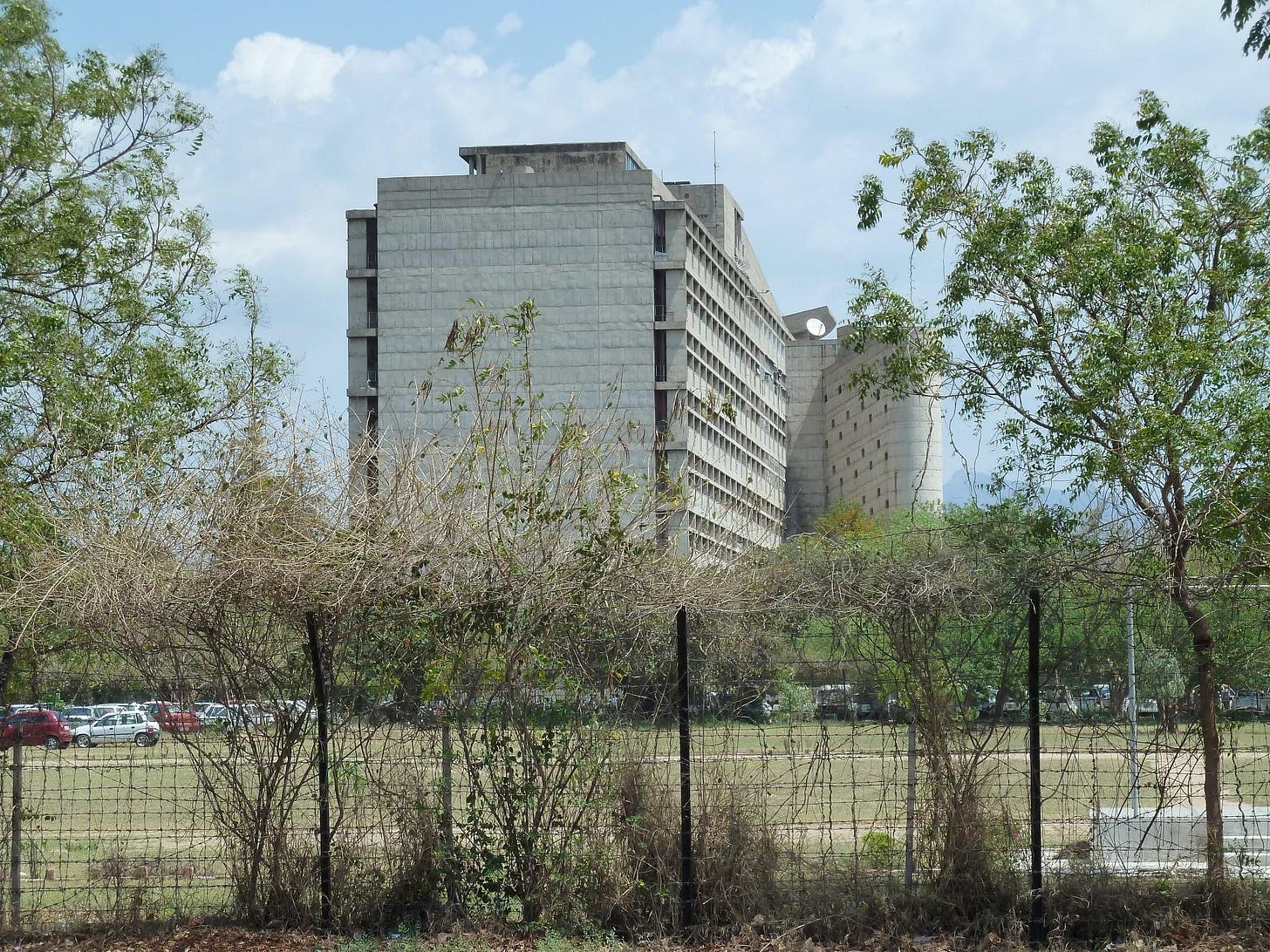
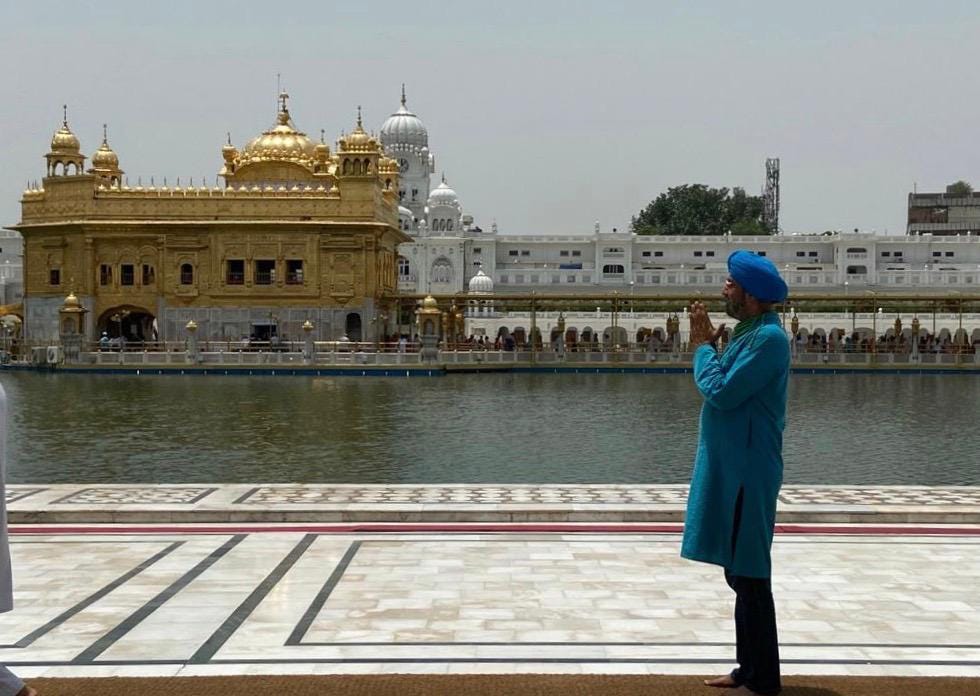
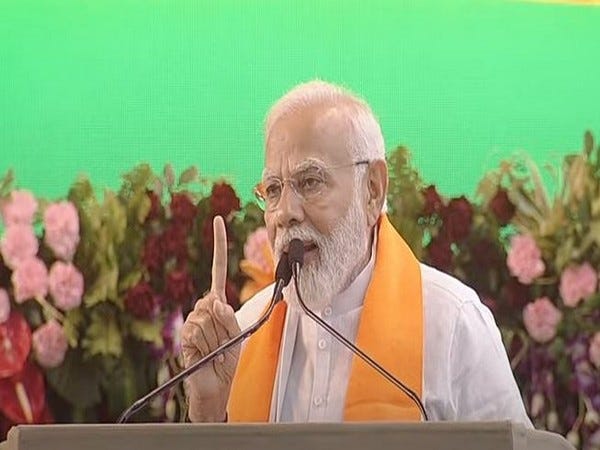
Sir, you are very right, All Indian citizens need common laws. Sikhs should wholeheartedly support this UCC. There is nothing to be scared about. All laws should be for saffron free, related to Hindu or Muslim community. These laws should be binding for Indian Citizens, irrespective of their religion.
More over people should also demand two child norm in India. No subsidy, freebie should be given who so ever violate two child norm.